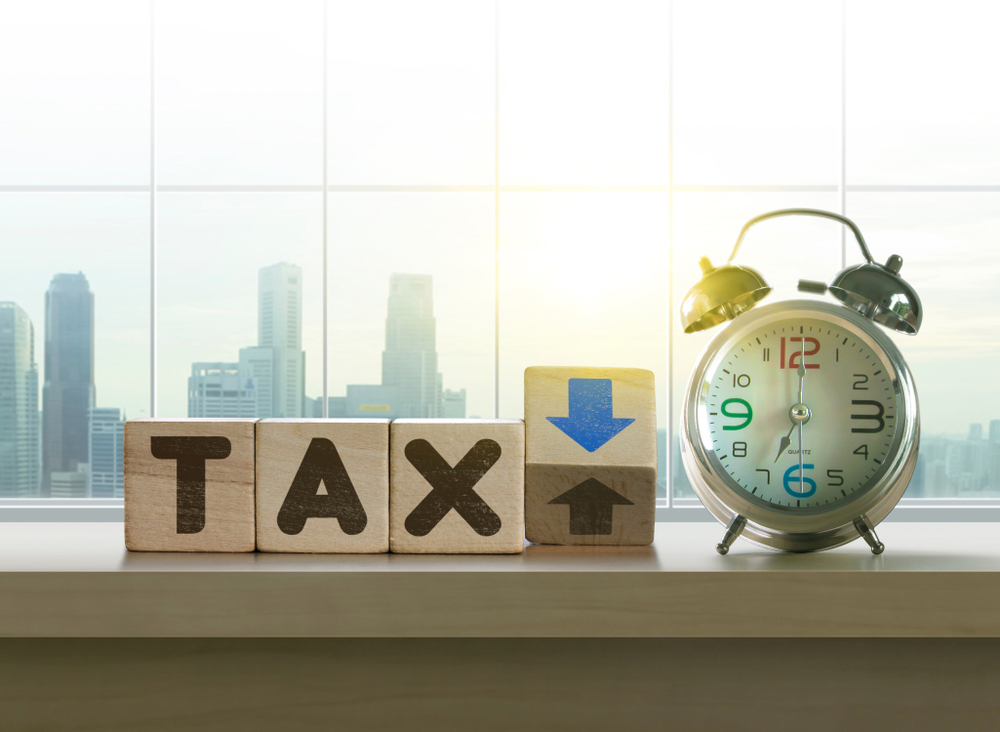Direct tax collection has suffered a negative growth of 6.1 per cent between April 1, 2019 and January 11, 2020 compared with the corresponding period previous year.
Data sourced from the income tax department show that in the ongoing fiscal total net tax collection till January 11, 2020 — comprising corporate tax, income tax, securities transaction tax and other taxes and levies — was Rs 7,24,440.5 crore against Rs 7,71,560 crore in the corresponding period last fiscal.
A circle-wise break-up of data show the major revenue collection centres such as Mumbai, Delhi, Bangalore, Chennai, Pune, Hyderabad and Calcutta have all seen a fall in collections.
Revenue department officials have attributed the shortfall in collection to a combination of the government’s decision to cut corporate tax rates in September, overall economic slowdown and the reshuffle in the department following the implementation of the faceless tax assessment plan that has been carried without preparation.
The effective tax rate was reduced to 25 per cent to 35 per cent. For companies that do not avail incentives, the effective tax rate is 22 per cent. The government had estimated a revenue loss of Rs 1.45 lakh crore because of the concession in corporate tax rates.
“The government midway through the financial year announced a reduction in corporate tax rate, after the budget estimates were prepared. Consequentially, there will always be a shortfall. Moreover, the government has hurriedly implemented the e-assessment scheme without providing adequate infrastructure. Combine all that with the general economic slowdown, the entire rank and file of the department is frustrated and demoralised,” said a senior income tax officer in Calcutta adding that there would be additional pressure to improve collections in the fourth quarter.
The direct tax shortfall is likely to widen the revenue deficit, which is already under stress. The revenue deficit at the end of November 2019 was 2.6 per cent of GDP.
“With tax revenues reporting a muted performance in the recent months and the impact of the cut in corporate tax rates, Icra expects the union government’s gross tax revenues to trail the revised budget estimate of Rs. 24.6 trillion by a sizeable Rs. 3.0-3.5 trillion,” said Aditi Nayar, principal economist, Icra Ltd.
Economists are also unclear about whether the government would be able to meet its disinvestments or GST collection target this fiscal.










